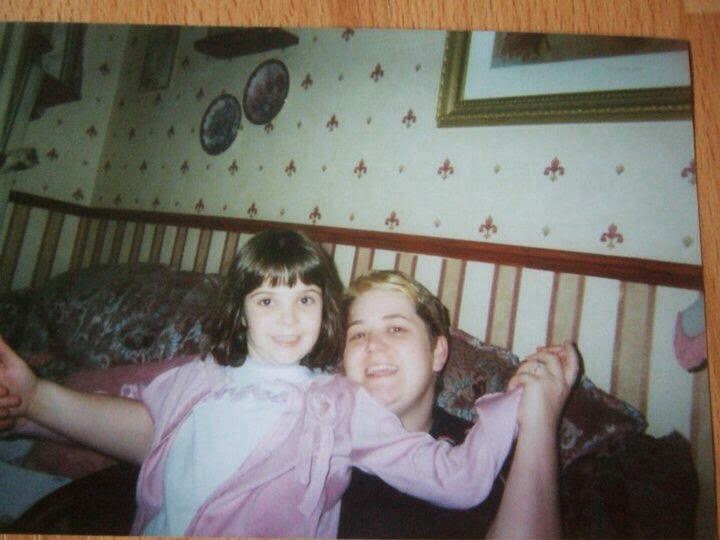Over the last couple of weeks I’ve been
posting about various aspects of invisible illnesses, including my experiences,
the experience of someone who is severely affected and also the massive effects
illness can have on somebody who is ‘only’ mildly affected. Bethany has very
kindly written a short extract, which I have published in this post, discussing
what it is like to have an invisible illness, but to also have to care for
other family members who also have invisible illnesses.
I feel that this is an important aspect
to cover because a lot of invisible illnesses have a genetic component, meaning
it is more likely for family members to experience similar symptoms. It is
obviously very difficult having someone in the family who is unwell, but
imagine how it must be to have several family members experiencing illness.
There is very little support out there, so often, these families have to
support each other as best they can to get through each day. They will often
miss out on medical support because they cannot get to appointments and can go
weeks without seeing anyone else socially.
This is only one story about a family’s
experiences of invisible illness. There are so many more out there who try to
cope with severe illness and isolation. I hope that this short extract will
open people’s eyes to invisible illnesses and show that there are people out
there who, despite being totally deserving, will do everything in their power
to avoid claiming benefits. It’s these people who really need our help and support,
but they are often, understandably, too proud to ask for it. If you know a
family who struggle with any illness, invisible or visible, why not give them a
ring, or pop in for a chat now and again. It could be the only thing that
breaks weeks of loneliness and isolation.
 |
| Bethany when she was younger, with her Mum |
I still remember the doctor’s words to me on 8th March 2004, "I
don't like diagnosing this condition as most parents claim benefits, but you
have M.E." At the age of 11 I didn't know what it meant but I knew it had
involved lots of painful tests.
I had suffered with the symptoms for six months before being told, which
included weight loss, tiredness, pain everywhere meaning I sometimes couldn't
move, concentration and memory problems. Before I was diagnosed I was classed
as a young carer for my mum and brother.
Fast-forward ten years; I still am a carer for my family, while trying
to work so I don't claim benefits. My mum has epliepsy, diabetes and non-alcoholic
liver disease, while my brother has foetal valproate syndrome, glaucoma,
cataracts, arthritis, autism, global development delay, as well as both an over
and under active thyroid.
Most days it's a struggle to get up as my brother has a routine that
must be kept. As well as that I have to make sure everyone takes their
medication, which often results in me forgetting to take mine, leaving me in
pain every day. It's hard having to find a balance so I can rest for work but
thankfully I have a boss who is understanding of my situation.
 |
| It is difficult for people to understand how difficult invisible illnesses can be when your family looks so normal from the outside |
It's hard for people to see that my whole family has health problems
because on the outside we look like a normal family, but inside it's a
different story. As well as M.E I have epliepsy and foetal valproate syndrome
myself, so my Mum tries her best so I can rest before work or college, which I
attend once every 3 weeks, or if I just need a little rest as I've had a bad
day.
Do you
know a young carer, or someone who cares for another family member? Is there
something you could do to make life a little easier for them?

I have mental illnesses which are invisible to most people. My mum also has M.E and Fibromyalgia, so I know how it is from both sides of the coin, as a carer and someone who needs caring for. It's hard, but people posting their experiences on blogs like this can only spread awareness, so well done on having the courage to do it.
ReplyDeleteStunningly Inepte
Thank you Isabel - like you've said I hope that by talking about invisible illnesses (physical and mental) it will help raise awareness and understanding so that we can be supported in the best way for us xx
Delete